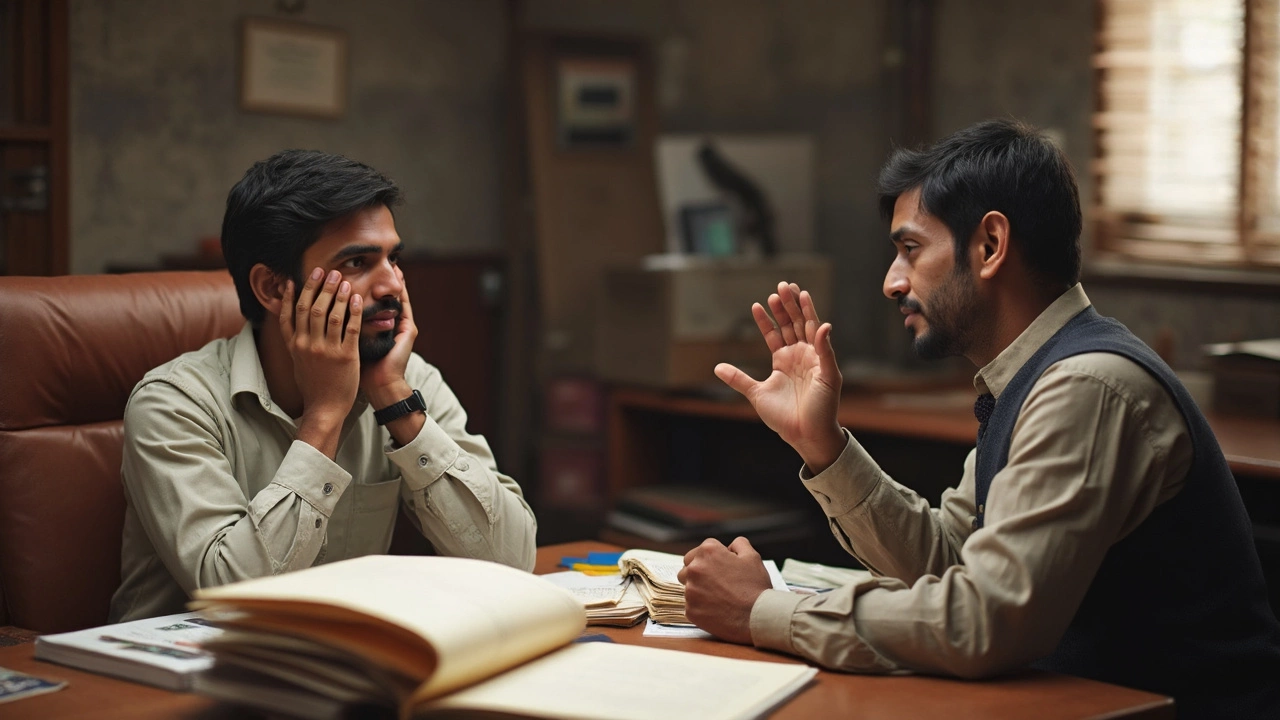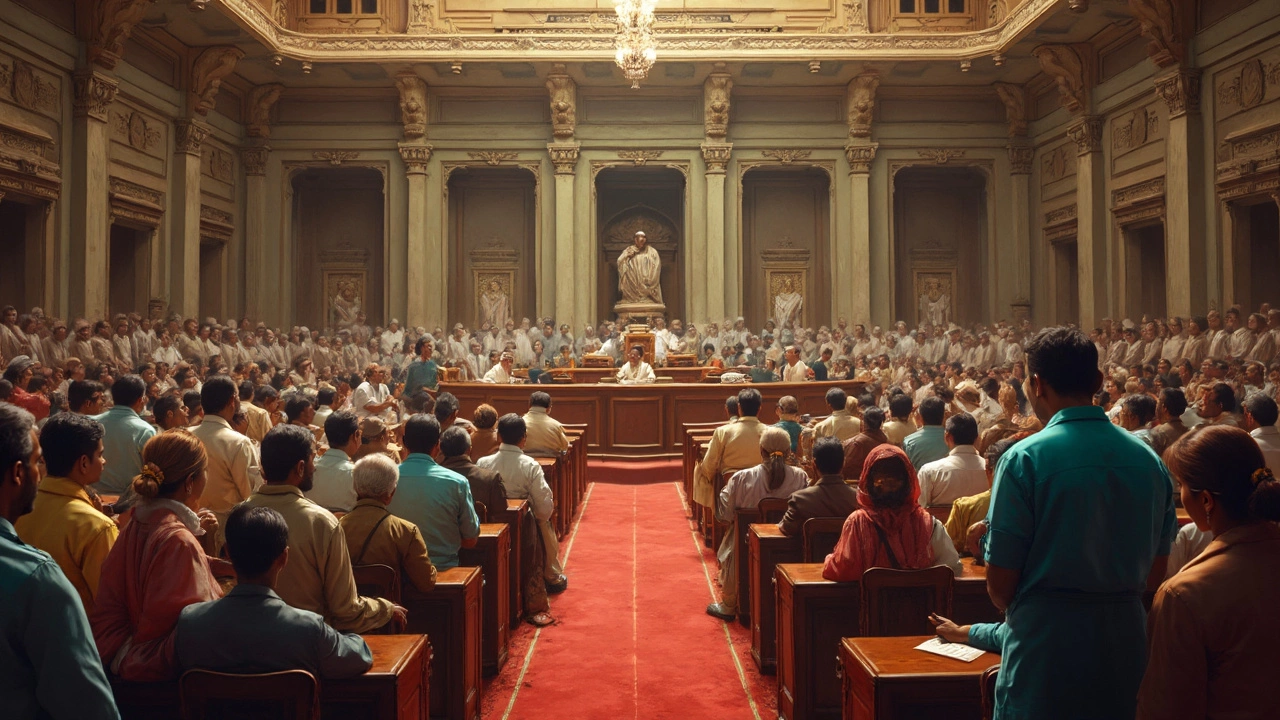What a Public Defender Does and Why It Matters
Ever wondered who steps in when a person can’t afford a lawyer? That’s the public defender. These are government‑appointed attorneys who provide free legal representation to people charged with crimes but who lack the money to hire private counsel. Their job isn’t just about showing up in court; they investigate the case, talk to witnesses, and build a defense that can protect a client’s rights.
The public defender’s biggest goal is to make sure the legal system stays fair. If the state can take a person’s liberty, it must also give that person a fight. That’s why public defenders are essential for a balanced justice system.
Day‑to‑Day Duties of a Public Defender
On a typical day, a public defender might be juggling several things at once. They review police reports, interview clients, and gather evidence. Court appearances range from bail hearings to full trials. Many also negotiate plea deals when it’s in the client’s best interest. Because they handle many cases, time management is a must.
Public defenders also work closely with investigators and social workers. If a client needs a mental health evaluation or substance‑abuse counseling, the defender will arrange those services. It’s not just about legal tactics; it’s about addressing the whole picture that led to the charge.
Salary, Challenges, and How to Get In
The pay for public defenders is usually lower than private practice. According to recent data, they rank among the lowest‑paid lawyers in the country. That said, many are drawn by the mission‑driven nature of the work and the courtroom experience they gain early on.
If you’re thinking about becoming a public defender, start with a law degree from a recognized university. After graduation, you’ll need to pass the bar exam in the state where you want to practice. Some states offer fellowships or graduate‑level public defender programs that give you a stipend while you learn the ropes.
Key skills include strong communication, quick thinking, and a thick skin. You’ll face tough cases, heavy caseloads, and sometimes hostile judges or prosecutors. But the chance to make a real difference keeps many attorneys in the field.
To boost your chances, look for internships with legal aid offices, volunteer at defense clinics, and network with current public defenders. Showing a genuine commitment to defending the under‑represented can set you apart in hiring rounds.
In short, public defenders play a vital role in safeguarding rights, often under tough conditions and modest pay. If you’re passionate about justice and ready for a fast‑paced legal career, this path could be worth exploring.

Criminal Lawyer Near Me: Who Represents Defendants Who Can't Afford One?
Ever wonder what happens if you get charged with a crime but don’t have money for a lawyer? This article breaks down exactly who steps in to represent you and how the whole system works. You’ll learn the difference between public defenders, court-appointed lawyers, and legal aid. Get practical info and tips if you find yourself or someone you care about in that tough spot. No jargon, just clear information to help you understand your rights and your options.

Are There Free Lawyers in the US? Exploring Your Options
Finding free legal help can be a crucial need, especially when facing criminal charges. In the US, several options exist such as public defenders, legal aid societies, and pro bono services offered by private attorneys. This article explores who qualifies for these services and the process of finding such legal assistance. Knowing how to access free legal aid can make a significant difference in the outcome of a legal situation.